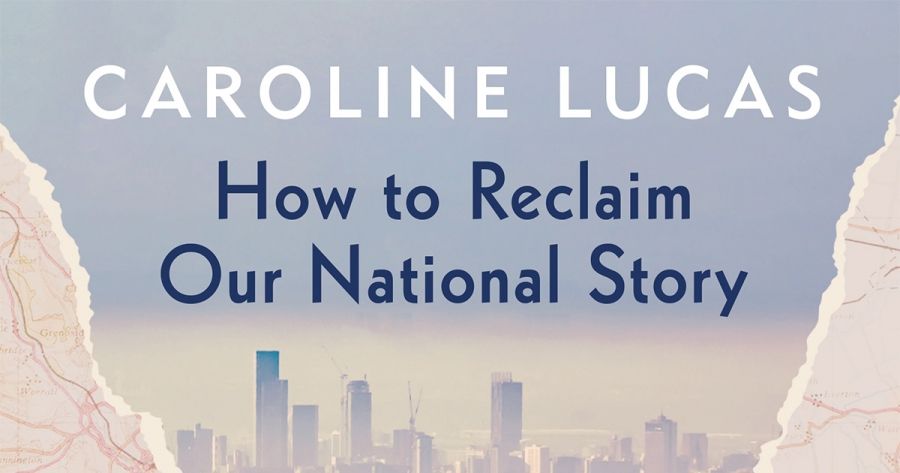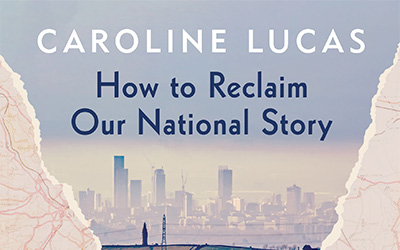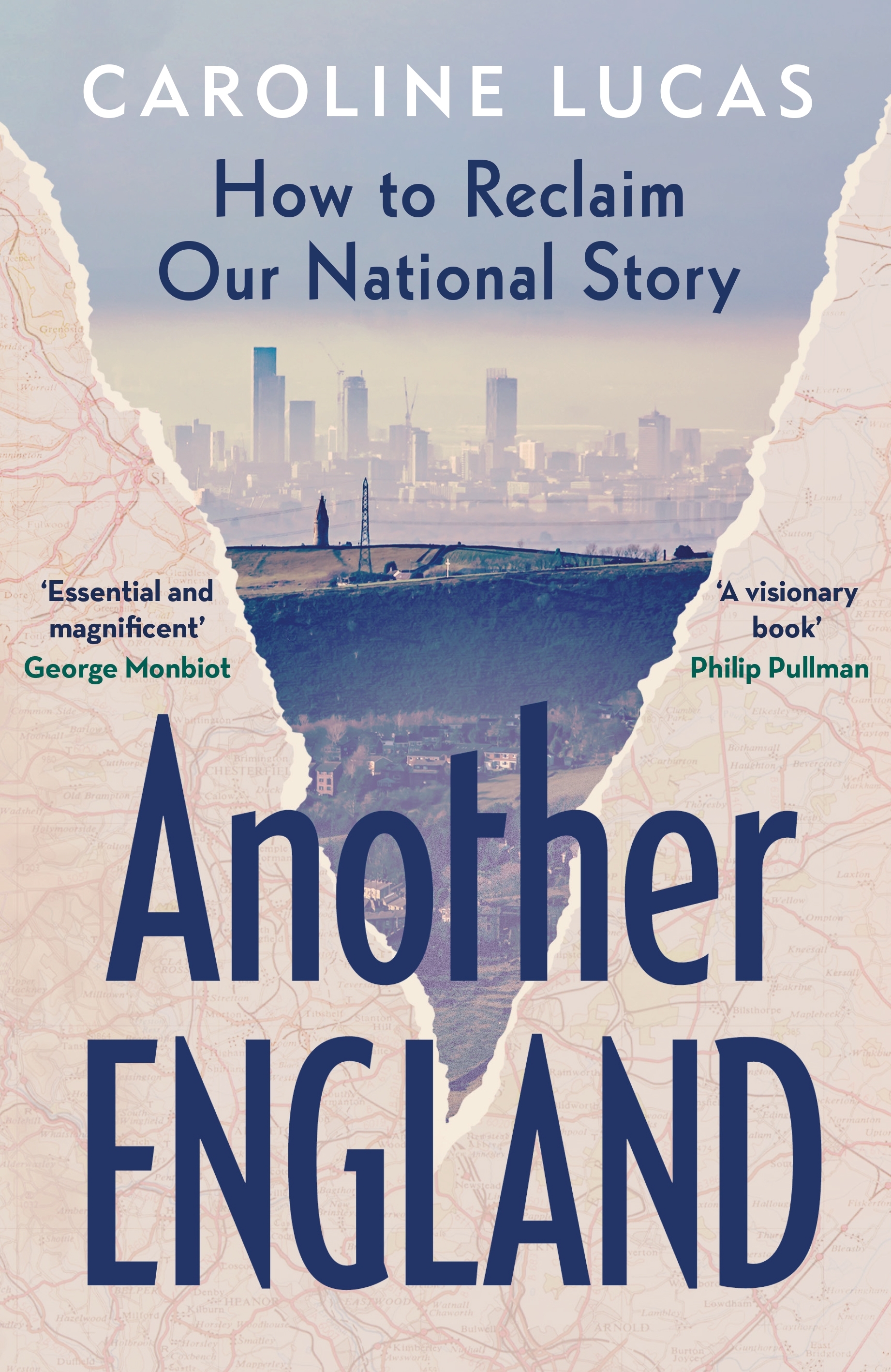
- Free Article: No
- Contents Category: Politics
- Review Article: Yes
- Article Title: Not a happy place
- Article Subtitle: Internecine times in England
- Online Only: No
- Custom Highlight Text:
Caroline Lucas, the former leader of the Greens in England and Wales, wants her country back. This has become a familiar refrain in the past decade. The success of radical-right, far-right, and hard conservative parties in increasing their vote share in Europe has alarmed many progressives. The steady support for Donald Trump in the United States, despite – or because of – attempts to undermine the democratic process and wind back the social gains of the past two generations, also revives historically inflected fears of the ultra-nationalism of the 1930s. A restorative nostalgia for a time when their nation was great, or simply better than it is now, animates all these insurgent movements from the right.
- Featured Image (400px * 250px):

- Alt Tag (Featured Image): Ben Wellings reviews ‘Another England: How to reclaim our national story’ by Caroline Lucas
- Book 1 Title: Another England
- Book 1 Subtitle: How to reclaim our national story
- Book 1 Biblio: Hutchinson, $24.99 pb, 304 pp
- Book 1 Cover Small (400 x 600):

- Book 1 Cover (800 x 1200):

- Book 1 Readings Link: https://www.readings.com.au/product/9781529153064/another-england--caroline-lucas--2024--9781529153064#rac:jokjjzr6ly9m
As the title of Lucas’s book claims, another England is possible, improbable as that may seem to many. The public interventions of the former England men’s football team manager, Gareth Southgate, to debate about the qualities of nationhood in England showed that there is an audience for different national narratives. Now popularised through a play and a four-part BBC drama named after the cautiously progressive open letter that Southgate penned to the English nation in 2021, ‘Dear England’ was Southgate’s attempt to unite the nation after years of political division.
Lucas’s book continues in that vein. Her aim is to reclaim the idea of England from the conservative and radical-right of English politics – and the cues they take from political confrères across the Anglosphere – and to re-narrate it as a vehicle for progressive renewal. As such, she seeks to ‘make a contribution to a broader deeper conversation on what a modern, progressive England could or should be. One that takes us further from the England of “Rule Britannia”, and closer to that of “Jerusalem”.’ With a PhD in English Literature, Lucas tries to do this by using the literature of England, from Piers Plowman to George Orwell, to ‘provide the positive, inclusive stories of England we so desperately need to counter the threat of right-wing populism’.
Lucas is from the party least likely to support any sort of nationalistic project, so this intervention is especially interesting. Her progressive national narrative is more about the Green social project than its environmental one. It is drawn to the (English) countryside that drew Romantics to see the essence of nations in visions of rural idylls. It is here that her narrative overlaps with conservative visions of England, but this is as far as the connection goes. It is more closely related to, but also distinct from, the radical tradition. In this political tradition, episodes from the radical past are venerated as guides to future action for the protection and advancement of certain rights in the face of powerful interests. These episodes include Magna Carta, the Peasants’ Revolt, the English Revolution, campaigns for the abolition of slavery, universal suffrage for men and women, and anti-militarism.
Lucas’s narrative adds to this radical tradition by grounding these and other episodes in English places to create a sense of belonging that she feels the people of England are losing. The ever-serviceable Robin Hood – taking from the rich and giving to the poor – appears in Lucas’s Merrie England. The Charter of the Commons that granted English subjects access to common land until the enclosures of the early industrial period is reclaimed by Lucas with respect to the idea of common ownership of digital as well as physical spaces in the present day.
Lucas’s idea of England is used to counter national narratives that justify social inequalities. She notes that unfettered free markets are neither efficient nor just and calls on the English to develop institutions that sustain positive forms of liberty that allow individuals to realise their potential. To realise this egalitarian vision, she suggests the creation of an English Parliament (something that the Labour government can’t get its head around), while simultaneously devolving and decentralising power to localities across England.
Such reforms would entail changing the voting system from first-past-the-post (an unsurprising demand for a party regularly disadvantaged by that system), replacing the House of Lords with an elected senate, and the removal of empire from the national story. This latter aim may be a counter-productive erasure of a significant, if disquieting, element of England’s past: it is better to teach it than ignore it. Some institutions would be protected and supported – the NHS, the BBC, the National Trust, and universities. Others, notably the monarchy, would be done away with to resolve the problem of inequalities in the private ownership of land (and hence wealth) in England.
One thing that strikes the reader is the almost total absence of any sense of Britain in this narrative. This is partly because as former leader of the Greens in England and Wales, but not Scotland and Northern Ireland, Lucas does not want to speak beyond her remit. But it is significant that this analysis of England is quite ‘Scottish’ in the intellectual vein of the Scottish nationalist and intellectual Tom Nairn, who was excoriating in his depiction of Britain not as a polity of admirable age, but as one that was deeply senile and should be done away with entirely through the independence of its constituent nations.
It is good that a leader of progressive opinion such as Lucas has not abandoned the socio-political terrain of nationhood to the right as many progressives are wont to do. In many respects, progressives have become the new conservatives, seeking to conserve hard-won rights from an illiberal insurgency on the right.
Lucas is concerned to embrace the power of words for the common good in the face of this illiberalism. Cynics might ask whether new narratives can really help when what matters are deep-set material inequalities? But the two approaches are not mutually exclusive. Narratives that stress inclusive forms of belonging and help imagine more egalitarian and democratic futures are a vital part of the process of revitalising democracy and civic engagement after four decades of neo-liberalism.
Counterfactually, we can certainly see the power of negative words. These played a key role in the spread of riots across England in 2024. Since the financial crisis of the late 2000s and the imposition of austerity, English nationhood has been the vehicle for expressing discontent with the socio-political order in the United Kingdom. In this sense, it is a form of identity politics. But this does not mean it is a ‘second order’ issue; identities play a large part in determining where individuals and groups sit on the socio-economic order and where they might end up.
The right is being replaced, but not in the way that it fears by Muslims, gender-fluid vegans, and socially liberal graduates. But demography is not destiny, and the reactionary right, in all its differing manifestations, retains cultural and political power and it will go down fighting. Nationhood is a protean phenomenon and is of course a social construction. But this means that progressives should not leave its maintenance and continuance to those on the radical right of politics. Lucas’s book is a step in the right direction towards a necessary reimagining of another ‘new England’ distinct from the vehicle for political discontent that it became after almost two decades of material and ideational neglect.


Comments powered by CComment